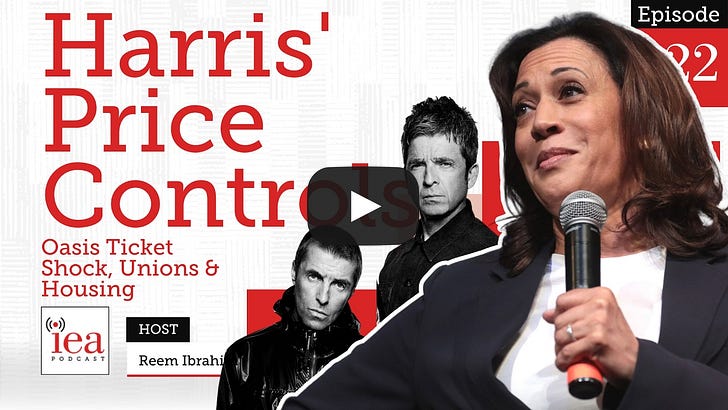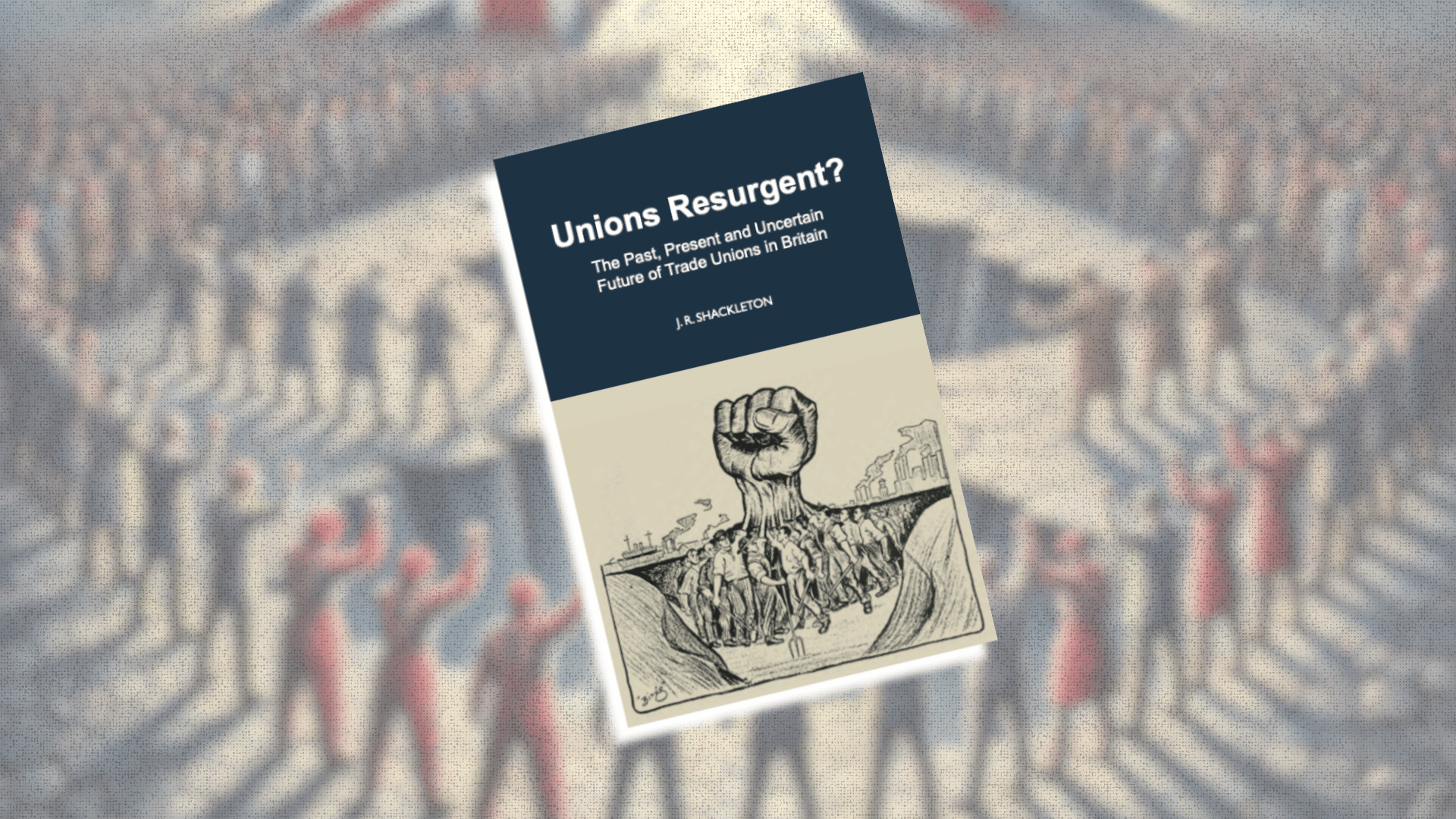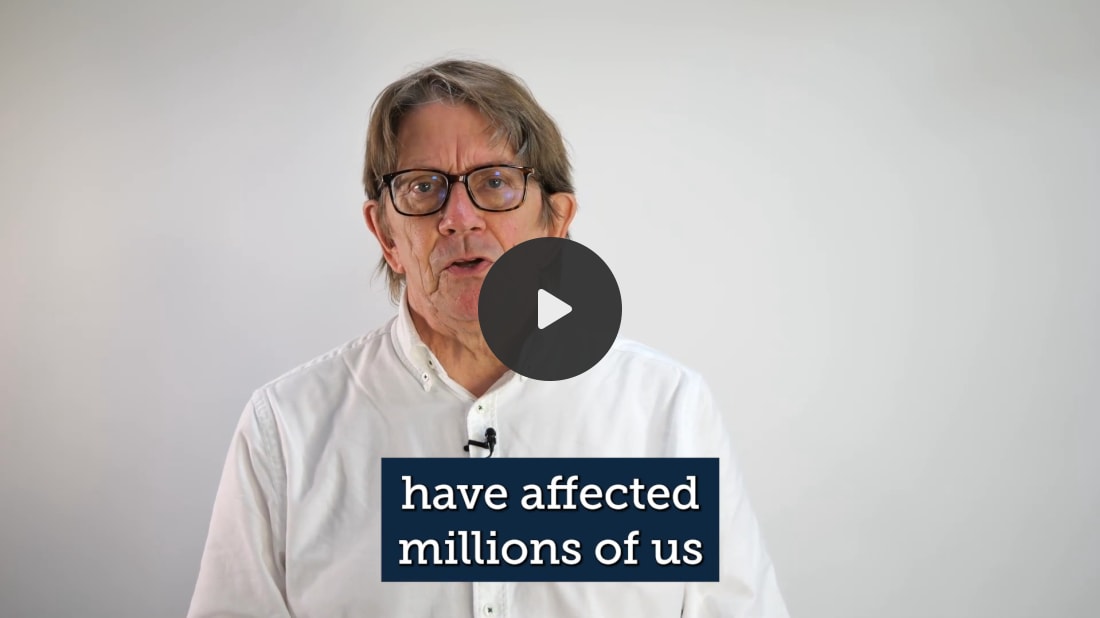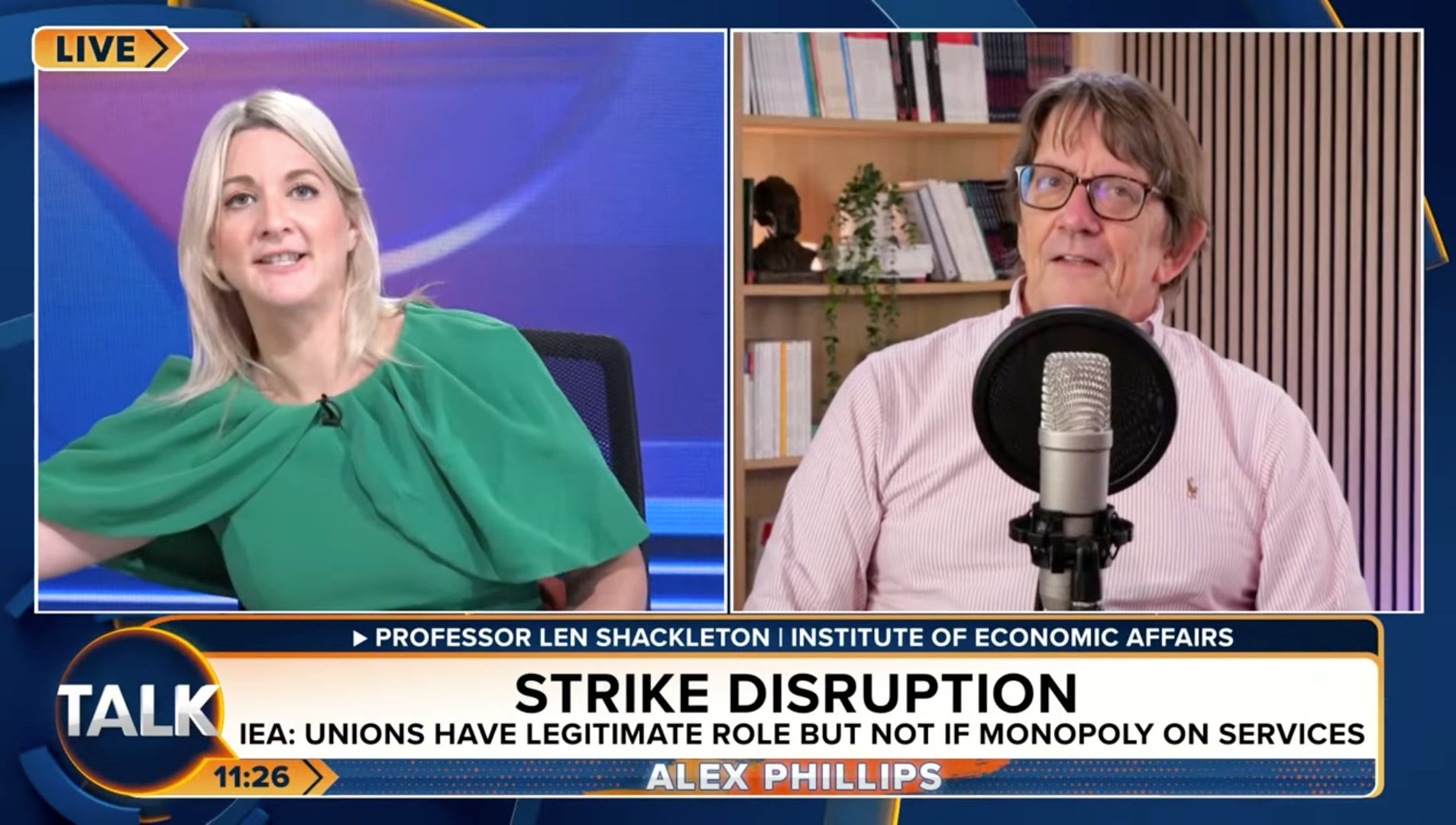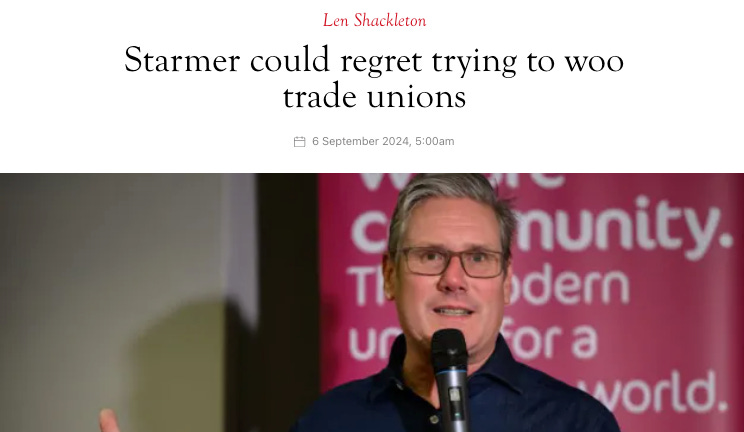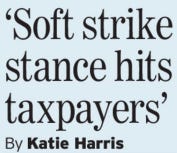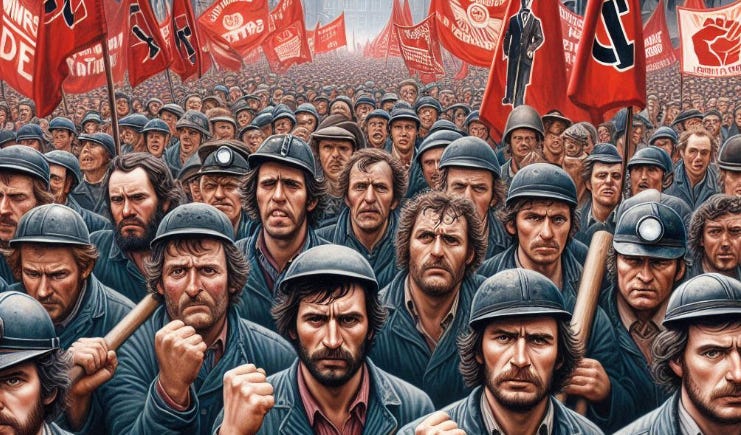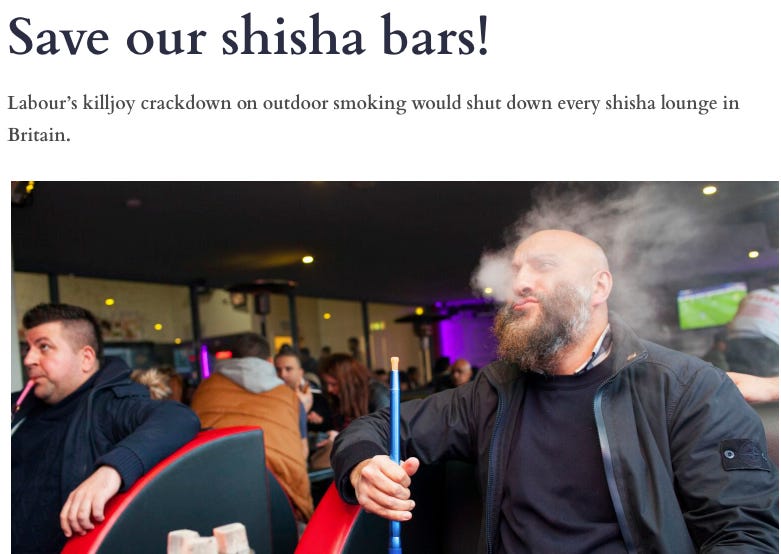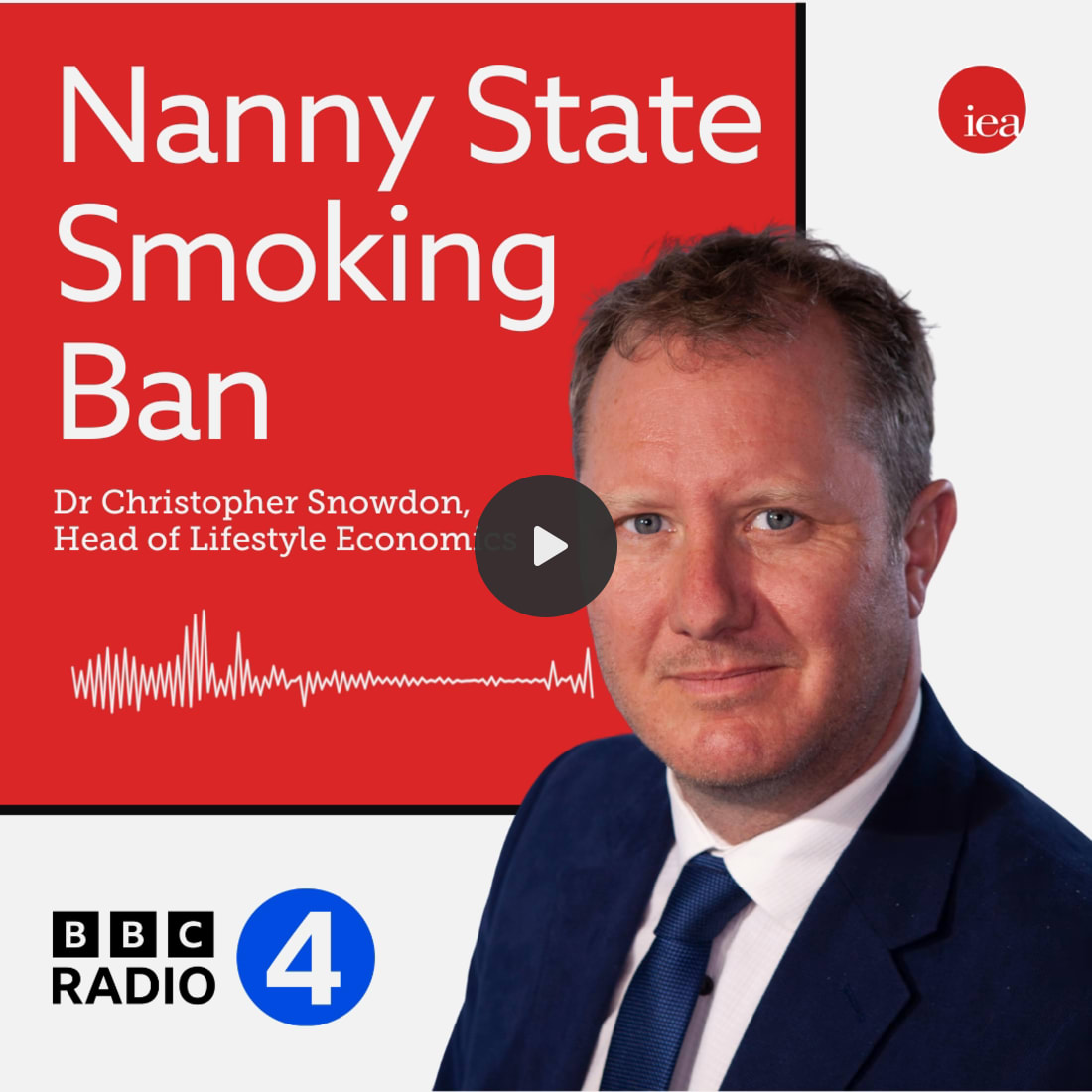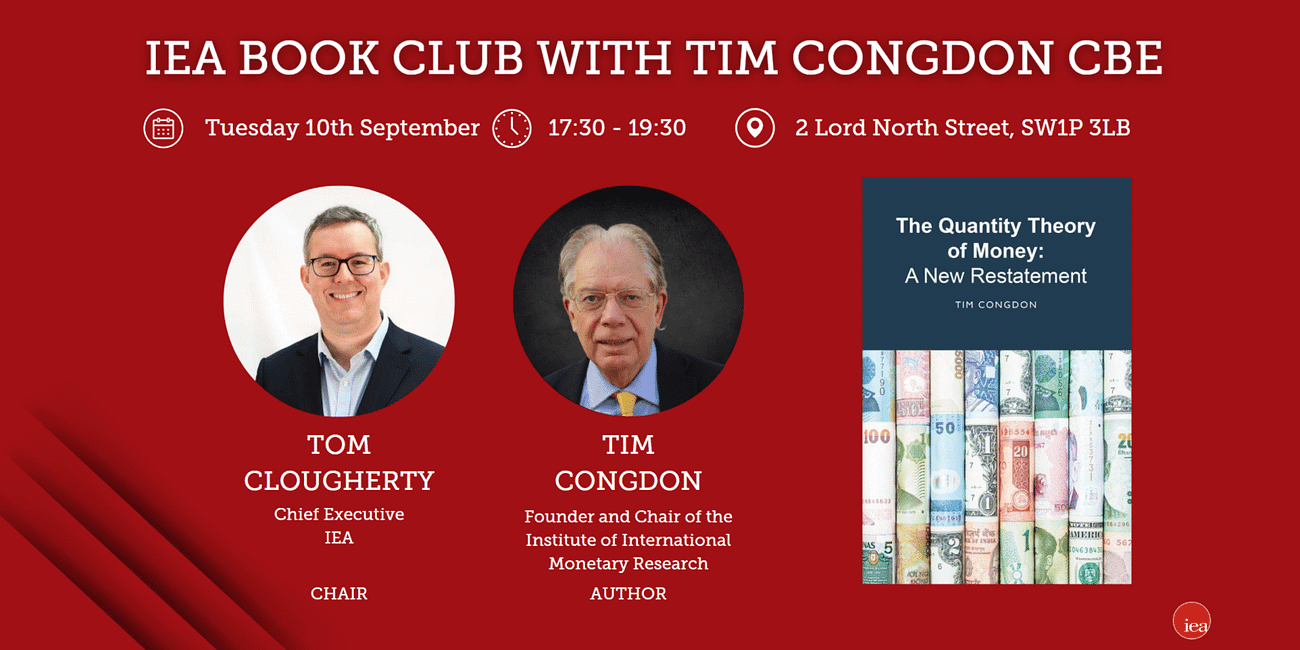|
 |
There are some bad ideas that are never finally defeated but regularly revive and appear, like mushrooms after rain. That is because they derive from impulses and preferences that are ultimately value or preference based and so resistant to many arguments. One of these is the idea of price controls. This has been a disastrous policy for economic welfare and human choice and autonomy whenever and wherever it has been tried (notably recently in Venezuela). Nevertheless, it has reappeared again on both sides of the Atlantic, in Kamala Harris’s proposals for price caps and over here in the popular reaction to the use of dynamic pricing by Ticketmaster as a way to regulate demand for tickets to Oasis concerts.
To reiterate economics 101. Resources are scarce relative to the demand for those resources, both quantitative and in terms of the range of ends or purposes they can be used for. Hence, we need a way to decide how to assign them. The most efficient and peaceful way of doing this is to use the price mechanism. Here people indicate how much they value certain resources or uses by the price they are able and willing to pay (i.e., how much of other things they are prepared to give up to get them). Resources are then assigned to the people who value them most highly. This does favour the wealthy but the only real-world alternative is some kind of rationing, which requires the use of rules or power and is vastly less productive. Above all, it means less innovation and so less economic dynamism.
The last is why price controls remain popular. Objections to flexible prices are ultimately hostility to change, and a desire for predictability and stability plus resentment of the fortunate or successful. The recurring idea is that of a generally fixed or traditional price, a ‘fair’ or ‘just’ price. You can do this if you want in particular cases, but the result will likely be either a glut or a shortage (usually the latter). This is not the way to a prosperous or free society.
Dr Steve Davies
IEA Senior Education Fellow
P.S. The best way to support our vital research and educational programmes is to become a paid IEA Insider. For a limited time, new paid subscribers will receive a copy of Steve Davies’ new book Apocalypse Next: The Economics of Global Catastrophic Risks) and a 15% discount.
The Oasis & Kamala Harris 'Vibes-Based' Policies, Trade Unions & the Housing Crisis | IEA Podcast, Acting Director of Communications Reem Ibrahim, Executive Director Tom Clougherty, and Editorial Director Kristian Niemietz, IEA YouTube
Unions Resurgent? The Past, Present and Uncertain Future of Trade Unions in Britain
Increasing union power could burden taxpayers with higher public sector wage bills and more disruption to railways, schools and the NHS.
By Editorial and Research Fellow Len Shackleton
Union membership has declined from over half of workers in 1979 to less than a quarter today.
Union membership is heavily concentrated in the public sector, where 49% of workers are union members compared to 12% in the private sector.
Most research studies suggest that UK unions have a net negative impact on productivity, and that unionised businesses grow more slowly than non-unionised firms.
Giving unions special legal privileges, such as immunity from civil action for striking, causes additional societal damage, as seen during the 1940s and 1980s.
The government’s plans to relax strike restrictions will give public sector unions more power to extract benefits for their members at the expense of taxpayers, employers and fellow workers.
Nevertheless, the right to set up or join independent trade unions is fundamental in a free society. Given the right legal framework, unions can be a force for good.
The Truth About Modern Trade Unions in Britain | IEA Explainer
Unions Resurgent, Professor Len Shackleton, TalkTV
Starmer could regret trying to woo trade unions, Professor Len Shackleton, The Spectator
Unions Resurgent was covered in the Daily Express:
“The University of Buckingham's Len Shackleton said: ‘Many of today's politicians have forgotten the lessons of the 1960s, 70s and 80s. Governments need to ensure there are clear boundaries set.’ New book Unions Resurgent? The Past, Present and Uncertain Future of Trade Unions in Britain argues more protections let unions ‘extort higher pay... from the taxpayer’. It suggests limiting union rights to ensure public services function.”
Classical Liberals and trade unions: friends, foes, or “it’s complicated”?, Editorial Director Kristian Niemietz, IEA Blog
News, Views & Upcoming Events
Save our Shisha bars!, Acting Director of Communications Reem Ibrahim, Spiked
“Let’s be honest, being nicer to trade unions won’t fix our public services”, IEA Public Policy Fellow Matthew Lesh, CityAM
“New wind farms won’t increase household energy bills”, IEA Energy Analyst Andy Mayer referenced in the Times and the Daily Mail.
Outdoor Smoking Ban, IEA Head of Lifestyle Economics Christopher Snowdon on BBC Radio 4’s Anti Social:
You’re currently a free subscriber to Insider. For the full experience, upgrade your subscription.
Paid subscribers support the IEA's charitable mission and receive special invites to exclusive events, including the thought-provoking IEA Book Club.
We are offering all new subscribers a special offer. For a limited time only, you will receive 15% off and a complimentary copy of Dr Stephen Davies’ latest book, Apocalypse Next: The Economics of Global Catastrophic Risks.
